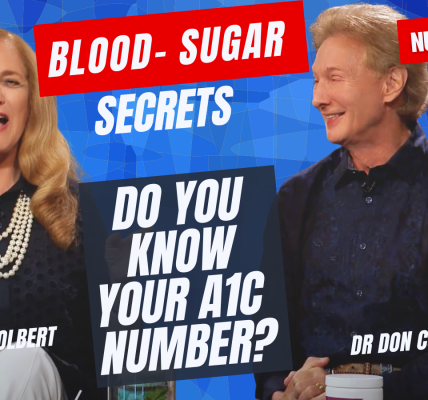If you have a tendency to experience mild or moderate depression, consider paying close attention to the food you are eating. Some foods can be associated with depression.
Pro-Inflammatory Diets
Pro-inflammatory diets or diets high in processed food can be linked to depression. Some doctors believe some mild and moderate forms of depression may be, in part, an inflammatory disorder associated with

abnormal cytokine activity. IL-6 is one of a group of proteins called cytokines which are secreted by cells in the immune system. Cytokines like IL-6 have long been associated with inflammation and stress. Processed food does not provide our bodies with the protective nutrients it needs, and, at the same time, it gives us pro-inflammatory fats and carbs.
Typical American breakfast foods like pastries, donuts, sweet cereals, pop tarts, muffins and bagels all increase the production of pro-inflammatory cytokines. Meat from cows and chickens raised on grain-rich diets also promote inflammation. Chronic inflammation in turn leads to heart disease, Alzhiemer’s, cancer and depression.
Three Popular Ingredients
Three popular ingredients have been linked to depression. These are monosodium glutamate (MSG), aspartame and splenda. MSG is found in numerous foods, but is difficult to detect because it is often listed on ingredient labels as other names. You can read more about what foods contain MSG and what names it hides behind in my book The Seven Pillars of Health.
Aspartame and splenda are sugar substitutes found in diet sodas, sugar-free chewing gum, low-fat yogurt and more. Both are associated with side effects including dizziness, fatigue, shortness of breath, headaches and depression.
Alcohol and Caffeine Alcohol is a “depressant” that temporarily affects the inhibitory centers of the brain causing warmth, good mood and relief of anxiety. Drinking a glass or two in moderation can be healthy, supporting stress reduction and cardiovascular health. But in larger doses, alcohol can become highly addictive and physically and mentally toxic, leading to many problems including depression.
Coffee, on the other hand, is a “stimulant,” increasing energy and alertness. What you many not realize is that caffeine does not provide you with more energy. Instead it stimulates your body into releasing its own stored energy. When the caffeine wears off, you are likely to feel tired and mentally dull. In small amounts, based on your individual sensitivity, caffeine can be healthy and seem to boost mood. When caffeine is used excessively or becomes addictive, it can contribute to depression, and many people find their mood improves when they stop using caffeine.














